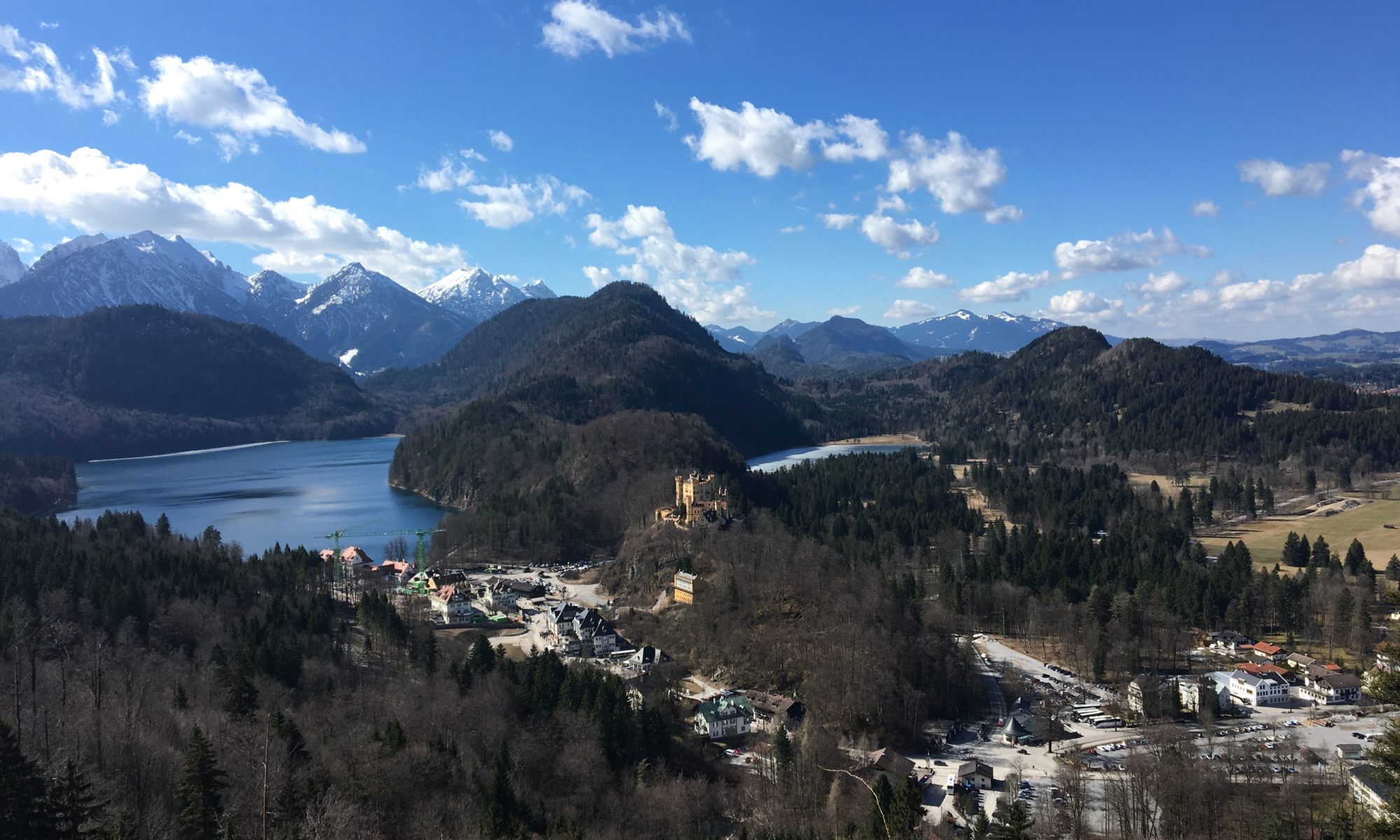Lucy Knisley is a comic artist, who has created a few graphic novels that are focused on travel, particularly cuisine. The first book I read by her is Relish, which is about her love of food as the daughter of a chef.
Knisley has an appealing, cartoony style that is very easy to digest. Her stories tend to revolve around her relationships with her family and how they impact her trips. French Milk, An Age of License, and Displacement detail her travels either with her family or on her way to family.
My favorite was probably An Age of License, which was about a trip she took to Europe for a book tour and her subsequent travels across the continent to meet up with old flames, friends, and her mother. The trip is integral to her understanding of what she imagines her future to be and how she thinks of herself.
Displacement is also great, but I find the subject matter a little more difficult for me. It details a cruise she takes with her elderly grandparents, who have lost their capacities to live by themselves and their memories.
French Milk is probably her least sophisticated, due to its status as her first published work, but remains very enjoyable nonetheless. It is about her six-week-long stay in Paris with her mother. Knisley details what she had for every meal and documents her growing love of different French delicacies.
Knisley has an eye for food, which she depicts accurately and appealingly. Everything she writes about food comes from someone who truly appreciates the artistry of cooking.
